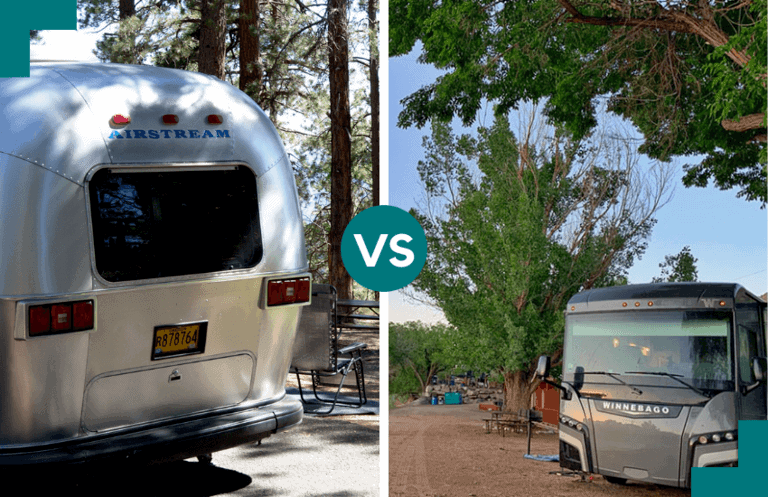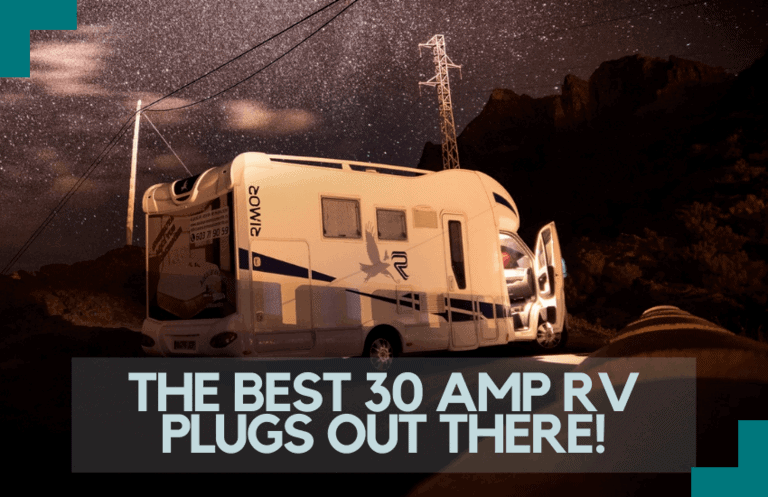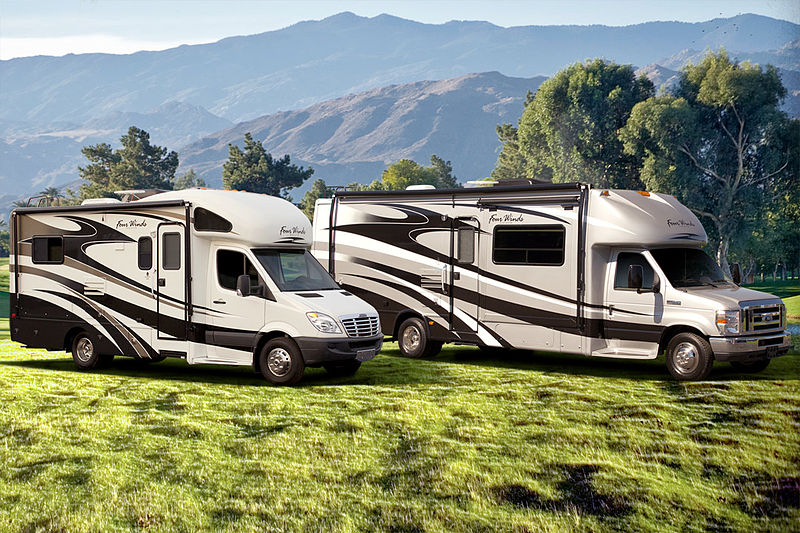Top Tax Deductions for RV Owners You Need To Know Of
While talking about RVing may be one of your favorite things to do, talking about taxes probably isn’t. However, it’s a necessary evil, and the two overlap, believe it or not, so you’ll want to read on to find out how you can maximize your deductions at tax time.
If you have an RV that you use for traveling, you may not already know that you can take some deductions on it. Whether you live in a house and you only use your RV part-time or you live in our RV full-time like a regular nomad, you can take advantage of some of these deductions to get the most out of your RV lifestyle.
For RV owners who full-time, our tax deductions are limited when it comes to the traditional brick-and-mortar homeowner. However, there’s an overlap you’ll want to know about because you can still take some of these deductions and you may not even know it.
1. Deduct the interest on your RV loan

Farmers RV Insurance Review: All You Need To Know
An RV is a big purchase, and much like your home or your car, you’re going to want to insure it. Fortunately, there’s no shortage of options out there.
However, just because your RV might seem like a home on wheels, an insurance policy for homes won’t do the trick, and neither will one intended for a motor vehicle. You need the best of both worlds to get the job done.
It’s a unique offering that not everyone provides.
You can opt for your current homeowners or auto insurance provider if you want some multiple policy discounts, or you can choose a company that specializes in RV insurance to get some additional benefits you won’t find anywhere else.
Since my family lives in our RV full-time, I’ve done a lot of research into these options and for us, it made the most sense to stick with our current provider, Farmers.
While it may not be the best option for you, I’ve never had anything but good luck with my Farmers agent, for several reasons, so I thought this

Airstream vs Winnebago Compared: The Ultimate Battle
When it comes to RVs, Airstream and Winnebago are probably the two most popular names. They immediately come to your mind when you think about RVs and they offer some of the most iconic designs in RV history.
They each have their own advantages, and despite being very popular, are very different. We’re going to review each in detail and then leave it up to you to decide which better suits your needs.
The Main Differences Between Airstream and Winnebago
The main differences between Airstream and Winnebago are:
- Airstream features an iconic design, whereas Winnebago styles their RVs more traditionally.
- Airstream is very expensive, whereas Winnebago RVs are more reasonably priced.

Best RV Leveling Blocks For Your RV Needs
RV leveling blocks are something that every RVer needs. Even if you have an auto-leveling rig, leveling blocks can serve many useful purposes at a campsite. For one thing, if your RV has an absorption refrigerator (and most RVs do), it has to be completely level.
Many smaller RVs and travel trailers don’t have auto leveling jacks, so it’s up to you to do it yourself. But even if you do have auto leveling jacks, you can benefit from some leveling blocks in certain cases.
Let’s learn a little bit more about what leveling blocks do, the different types there are, and why they’re useful to you.
Why You Need to Be Level
For obvious reasons, it’s not very comfortable to live, e

Zero Breeze Review: Is it Worth it?
The hot summer months can be unbearable unless of course you’re splashing in the pool or relaxing in the air conditioning. For those of us who like to go camping, taking the summer months off just isn’t an option. But it is nice to have something that makes tent camping a bit more comfortable. After…

The Best 30 Amp RV Plugs Out There!
If you own an RV for travel, it’s likely you need a power cord. You could boondock and use your generator or solar panels for the week, but it’s much more convenient to have full hookups.
However, one of the most important things you can do before you hook up is to figure out the type of power cord you need. It can prevent fire or damage to your RV. If you need a 30-amp RV plug for your rig, here are some of the best you can buy.
Choosing a 30 Amp Plug
There are 30-amp plugs and 50-amp plugs. Generally, larger RVs have 50 amp plugs because they have more things they need to power. They may have multiple air conditioners, residential refrigerators, and larger appliances.
If you’re looking for a 30-amp plug, it’s likely you’ll have an easier time finding what you need at an affordable price. They’re


